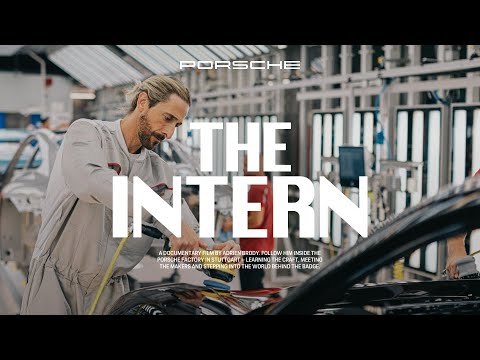
Our reliance on rare-earth minerals is creating a problem: materials shortages. This time, the much-needed resource is magnets, which currently face export restrictions from China. An alliance of automakers and suppliers warns that without a trade resolution (i.e., less paperwork would help), production disruptions are inevitable.
In a new Reuters report, the Alliance for Automotive Innovation (AAI) and the Motor & Equipment Manufacturers Association (MEMA) sent a joint letter to the Trump administration on May 9 about the groups’ concerns regarding the availability of rare-earth magnets. A key point of frustration was China’s seemingly less-than-expedient effort in issuing export licenses. Without the earth elements, already interrupted assembly lines could find themselves in further turmoil.
“Without reliable access to these elements and magnets, automotive suppliers will be unable to produce critical automotive components,” the groups explained. “In severe cases, this could include the need for reduced production volumes or even a shutdown of vehicle assembly lines.”
These vehicle parts include everything from windshield wiper motors, lights, and automatic transmissions to seatbelts, cameras, and anti-lock braking sensors. So, yeah, pretty much everything. And yet, three weeks later, the situation remains unresolved, said Alliance CEO John Bozzella and MEMA CEO Bill Long to Reuters.
The AAI comprises a who’s who of automotive manufacturers, such as BMW Group, Ford, General Motors, Honda, Hyundai, Stellantis, Toyota, and Volkswagen. MEMA represents more than 1,000 members (consisting of OE and aftermarket parts suppliers.)
Switching to a non-China supplier would also be a significant feat when more than 90% of the planet’s rare-earth production capacity, a group of 17 elements, is in China. There is one U.S.-based mine located in Oklahoma, but it still relies on China for processing. E-waste recyclers are working on increasing production, however, such expansion will take years, not days or weeks.
Regarding magnets specifically, Reuters says that exports from China were down by half in April, largely due to a vague permit application that sometimes calls for “hundreds of pages of documents.” Ain’t nobody got time for that.
Furthermore, the U.S. accused China of violating an agreement that temporarily rolls back certain tariffs and other trade restrictions. In return, China says the U.S. is abusing its export controls within the semiconductor sector.
A U.S. official told Reuters that Beijing had promised to issue the rare-earth export licenses, but “moving slowly” in doing so. And there was potential for Washington retaliation if automotive production were forced to shut down. You know, more than it already has.
As the proverb goes, “When elephants fight, it is the grass that suffers.” So, here we are, builders and buyers alike, left holding the bag.
Got a tip? Drop us a line at tips@thedrive.com
www.thedrive.com
#Car #Production #Crisis #Caused #Magnet #Shortage





